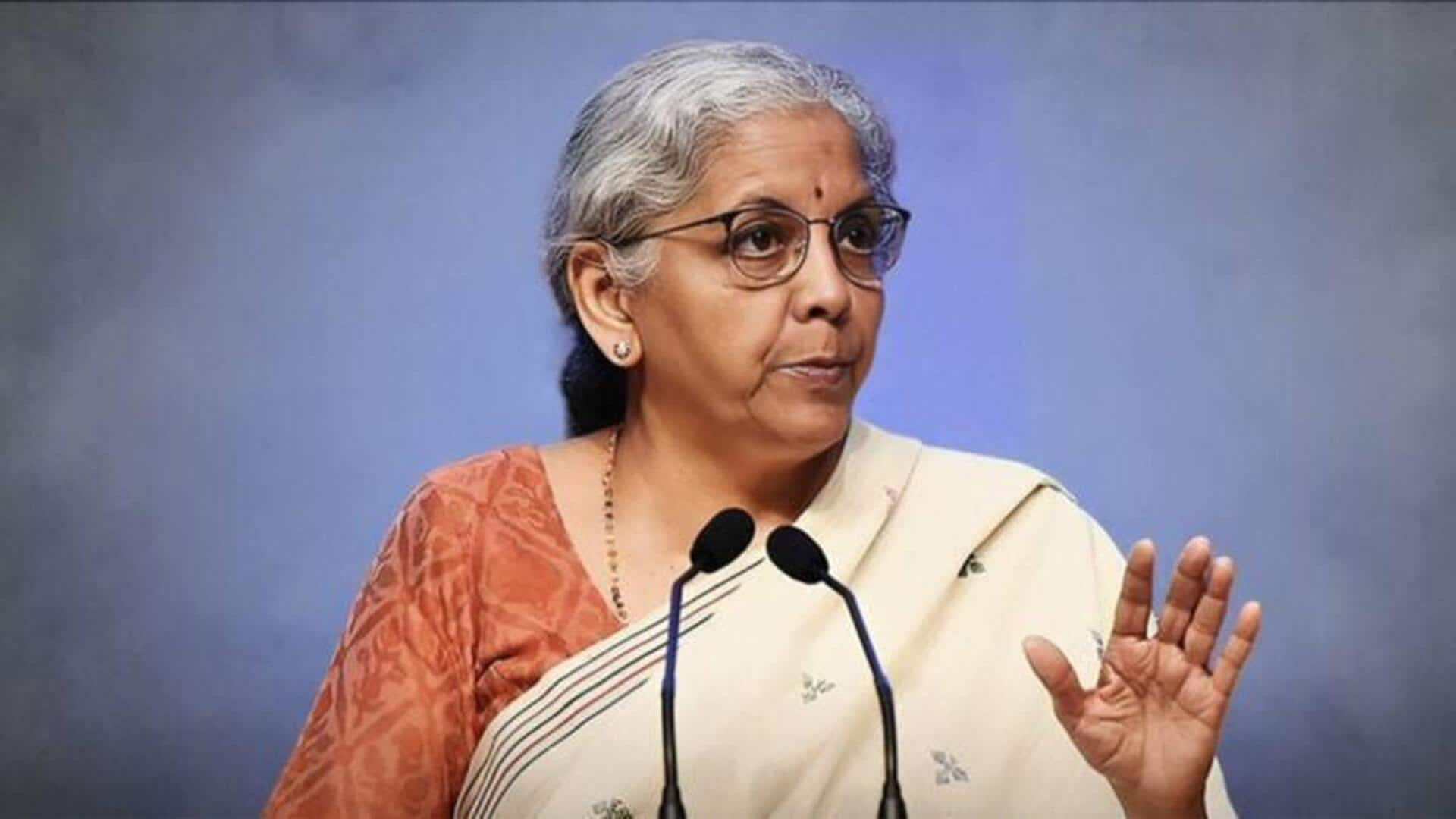
Congress's 'inheritance tax' will hit middle, aspirational classes: Sitharaman
What's the story
Finance Minister Nirmala Sitharaman said on Wednesday that the Congress's plan to introduce an inheritance tax will harm the middle and aspirational classes. Sitharaman cautioned that if such a tax were adopted, the middle and aspirational classes would struggle to pass on their savings or assets to their children. Her remarks came amid a row over Indian Overseas Congress Chairperson Sam Pitroda's suggestion for a "United States-like inheritance tax law" in India.
Party stance
Congress distances itself from Pitroda's remarks
Sitharaman also pointed to former Prime Minister Manmohan Singh's words, in which he described demonetization as "organized loot and legalized plunder." The minister stated that if the Congress is elected, "Dr. MMS' (Manmohan Singh) "organized loot and legalized plunder" will be seen in action. The attack on the Congress stems from its election manifesto, which called for a national socioeconomic and caste census to build the framework for affirmative action policies. There is no mention of a wealth redistribution plan.
Modi's stance
PM Modi alleges Congress party plans to impose inheritance tax
The row started on Monday after PM Modi alleged that the then-Congress government had said Muslims had the first right to the country's wealth. He alleged that the Congress plans to seize citizens' assets and distribute them among "infiltrators" and "those with more children. The prime minister reiterated his allegations during a rally in Chhattisgarh, claiming that the Congress seeks to replenish its coffers by imposing ever-higher taxes and preventing people from passing on their riches to their children.
Pitroda's statement
Pitroda defends Congress manifesto against PM Modi's accusations
PM Modi's jibe was directed at the Congress after Pitroda emphasized the need for policy toward wealth redistribution. "In America, there is an inheritance tax. If one has $100 million worth of wealth and when he dies he can only transfer probably 45% to his children, 55% is grabbed by the government." "In India, you don't have that. If somebody is worth 10 billion and he dies, his children get 10 billion and the public gets nothing," Pitroda said.